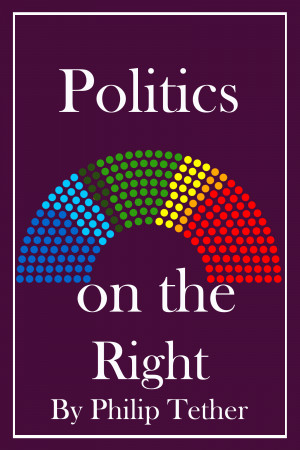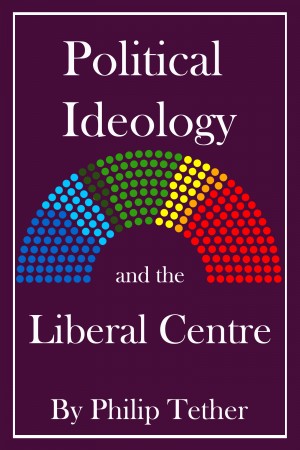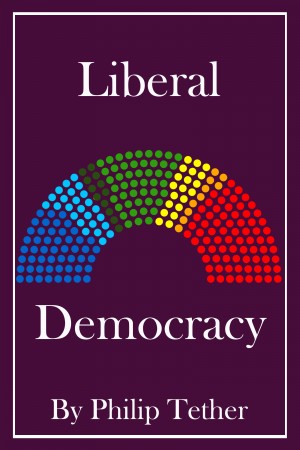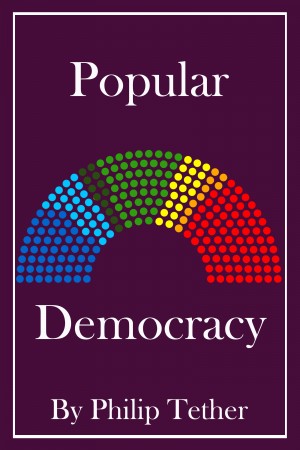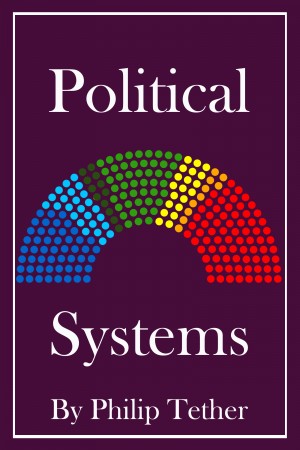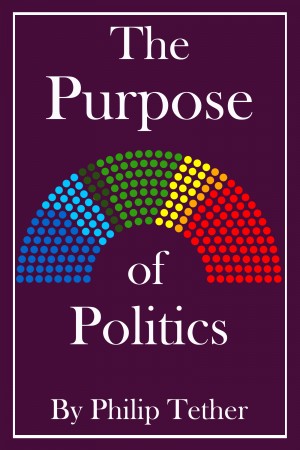
Share with Friends
Interview with Philip Tether
Published 2016-01-15.
Smashwords Interviews are created by the profiled author or publisher.
Books by This Author
Political Ideology: Politics on the Right
by Philip Tether
Price:
$12.00 USD.
Words: 39,300.
Language:
English.
Published: December 11, 2017
.
Categories:
Nonfiction » Politics & Current Affairs » World politics
This book continues the exploration of the ideological spectrum with a detailed analysis of the right wing of politics. This will involve examining the ideology of the British Conservative Party in some detail, Christian democracy (a type of conservatism found in Western Europe) and finally, ideologies on the radical-right including fascism. Concluding with a summary of the material covered.
Political Ideology and the Liberal Centre
by Philip Tether
Price:
$10.00 USD.
Words: 16,690.
Language:
English.
Published: February 25, 2016
.
Categories:
Nonfiction » Politics & Current Affairs » World politics, Nonfiction » Politics & Current Affairs » Democracy
This book explores the nature of political ideology. What is it, why is it important, how can we categorise it? The text - designed for students and the general reader - addresses these questions. It then offers a detailed examination of liberalism identified as the key ideology of the modern world. The book provides a clear set of Learning Outcomes and Review Questions to test understanding.
Liberal Democracy
by Philip Tether
Price:
$10.00 USD.
Words: 20,570.
Language:
English.
Published: January 15, 2016
.
Categories:
Nonfiction » Politics & Current Affairs » Government, Nonfiction » Politics & Current Affairs » Government
Liberal democracy is a term we use all the time. What do we mean by it? What do the two words imply and how do they relate to each other? This introductory and accessible text on the complex nature of liberal democracy is designed for students and the general reader. Clear learning outcomes are provided and the text concludes with a set of review questions designed to test understanding
Popular Democracy
by Philip Tether
Price:
$10.00 USD.
Words: 19,950.
Language:
English.
Published: December 17, 2015
.
Categories:
Nonfiction » Politics & Current Affairs » Democracy, Nonfiction » Politics & Current Affairs » Government
This book examines popular democracy - its origins and the key central notion; the sovereignty of the people. It is designed for students and the general reader. Different interpreations of democracy are identified and discussed. The role of electoral systems is examined at length. The opens with Aims and Learning Outcomes and concludes with a set of Review Questions to test understanding.
Political Systems
by Philip Tether
Price:
$10.00 USD.
Words: 22,140.
Language:
Commonwealth English.
Published: November 6, 2015
.
Categories:
Nonfiction » Politics & Current Affairs » Government
This book examines political systems. Political systems are the structures and processes which channel, direct and enable the decision-making activities which are the hall-mark of politics. The text is designed for students and the general reader. It opens with a clear set of Aims and Learning Outcomes and concludes with a summary and a set of Review Questions to test understanding
The Purpose of Politics
by Philip Tether
Price:
$10.00 USD.
Words: 20,250.
Language:
English.
Published: November 23, 2015
.
Categories:
Nonfiction » Politics & Current Affairs » Government
This book examines the nature and function of politics - what it is, who does it, how and why? What is special about the activity of politics? The concept is defined and then systematically analysed. The text is designed for students and the general reader alike. Clear learning outcomes are provided and the book concludes with a set of review questions to test understanding of the material.

